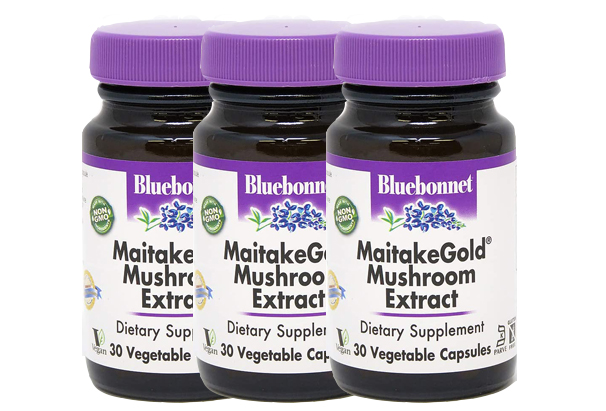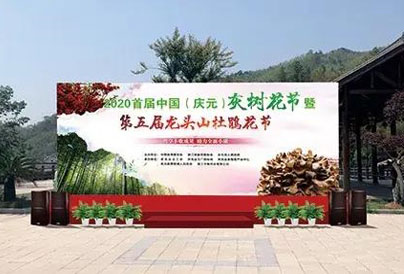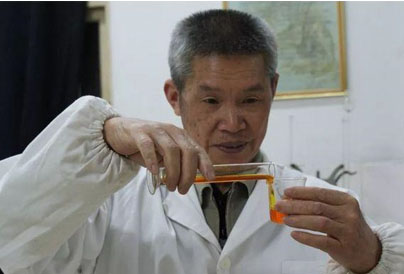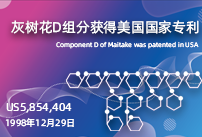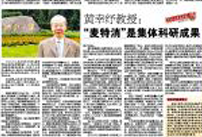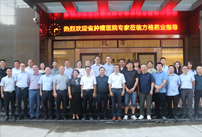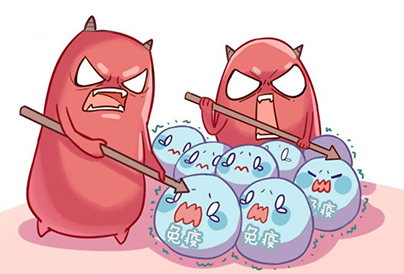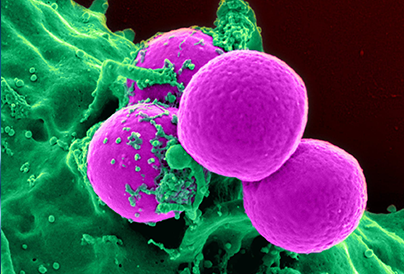On September 26, at the 2021csco annual meeting, the white paper on the behavior status of Chinese melanoma patients (hereinafter referred to as the "white paper") was officially released. The data show that melanoma patients have insufficient understanding of the disease. About 1 / 3 of the patients have not heard of melanoma before the disease, and more than half of the patients have heard of melanoma but do not understand it; Only 16% of Chinese melanoma patients pay attention to gene testing and know its necessity. 30% of patients have never heard of gene testing and may miss accurate targeted therapy.
Although melanoma is a "rare disease", China's population base is large, and the total number of patients can not be underestimated. Patients' understanding of melanoma deeply affects patients' treatment behavior, follow-up treatment and quality of life. This offline retrospective survey was conducted by the melanoma Expert Committee of the Chinese society of Clinical Oncology (CSCO), the CSCO patient education expert committee and the China Medical Forum newspaper from June to August 2021 with the support of Novartis oncology, covering 20 hospitals and 60 doctors in China, It complements the lack of research data and objective reports on the behavior of melanoma patients in China, and expounds the actual needs of Chinese melanoma patients through the speeches of many project experts in the online press conference, so as to provide suggestions for patient education, accurate diagnosis, standardized treatment and improving prognosis in the field of melanoma in China, Help improve the survival and quality of life of Chinese melanoma patients.
High incidence of plantar ulcer, deep infiltration and poor prognosis
Melanoma originates from melanocytes. It is a "king of cancer" with a high degree of malignancy. It tends to occur in middle-aged and elderly people (the age range of the largest number: 50-69 years old) and can be seen in all parts of the human body. Previous investigations have shown that there are great differences in the classification of melanoma between China and the West - 91.2% of melanoma in the United States is skin type, while most melanoma in China are acral type (41.8%) and mucosal type (22.6%) [2]. The results of this study showed that the distribution proportion of acral type was higher (51%), and the plantar accounted for the most (48%); Followed by non chronic solar injury type (22%) and mucosal type (17%), chronic solar injury type (including "skin type") accounted for only 7%.

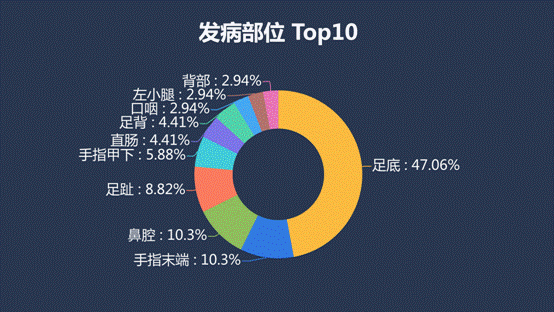
"Chinese melanoma patients are in the middle and late stage at the initial diagnosis" is a widely recognized view in clinic. This survey found that 56% of patients are in the middle and late stage (stage III-IV), and only 13% are in the early stage (stage I-II). In terms of pathological diagnosis, this survey shows that 66% of patients are clearly accompanied by ulcers, with an average infiltration depth of 3.81 mm, which means that in addition to the late stage, the prognosis of melanoma patients in China is also poor - because ulcers are considered to reflect the rapid growth of tumors. If there are ulcers in the primary focus, tumor cells are very easy to relapse and metastasize. At the same time, the deeper the infiltration, the worse the prognosis.
Serious lack of disease cognition, science popularization and education has a long way to go
Patients' disease cognition of melanoma will directly affect whether patients can see a doctor and treat in time. The results of this survey show that 1 / 3 of patients have not heard of melanoma before treatment. Therefore, most melanoma patients in China come to see a doctor later, which may be closely related to the lack of disease cognition.
The survey results also show that the most common channels for patients to understand melanoma are doctor Popular Science (80%) and network information (57%), and 65% of patients believe that melanoma needs to be treated under the guidance of doctors. Professor Guo Jun, project chairman, chairman of CSCO melanoma Expert Committee and professor of Peking University Cancer Hospital, said: "there are about 20000 new melanoma patients in China every year. This white paper The release of the white paper not only fully reflects the importance of clinicians' popular science education for patients, but also means that through the innovation of digital technology, we can vigorously expand the education of melanoma patients in China. We hope that the white paper can serve as a bridge between doctors and patients and better improve patients' melanoma related knowledge ".
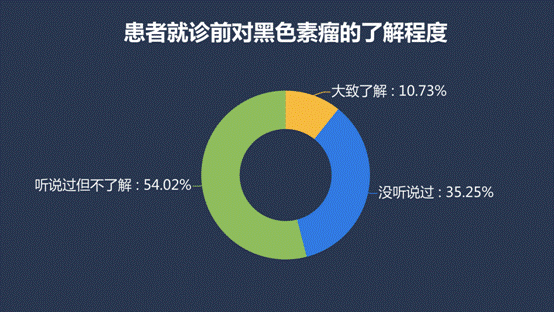
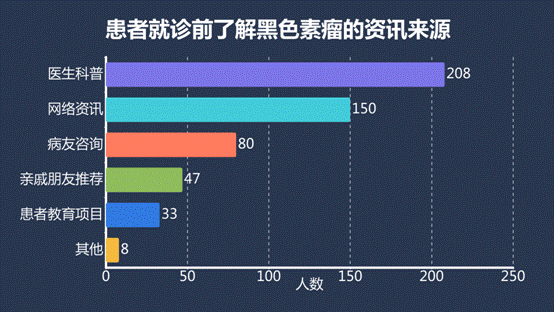
To make accurate treatment decisions, genetic testing must be done
Melanoma is one of the earliest tumor species to carry out the research and development of new targeted drugs, so gene detection is particularly important, and has been listed as a "must do" examination by major authoritative guidelines at home and abroad. Gene testing can identify which gene mutations lead to melanoma, which is conducive to "symptomatic administration", find targeted therapeutic drugs for patients, and play a warning role for their family members, such as genetic diseases or high risk. Gene testing can also remind doctors of the prognosis of patients. For example, patients with BRAF mutation and other gene mutations will have a worse prognosis. From this point of view, gene testing is related to the whole process of patient diagnosis and treatment, and its importance can be seen in general. The survey results show that domestic patients have low awareness of gene testing. Only 16% of patients pay attention to gene testing and know its necessity. Most of the remaining patients are likely to miss targeted precision treatment.
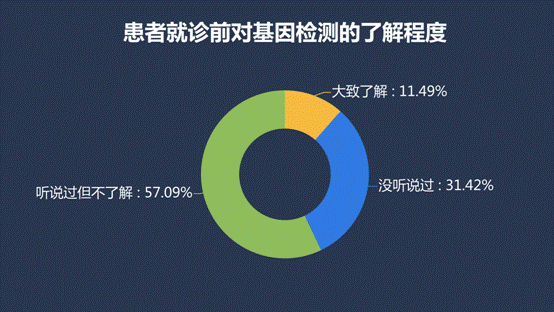

Among the patients involved in the survey, 98% received at least one genetic test, but 2% of the patients still did not do genetic test, and the detection rate did not achieve full coverage of the patient population. On the one hand, it is due to the patients' insufficient cognition of gene testing; On the other hand, it may be due to the high cost of gene testing. The survey results show that the coverage rate of basic medical insurance reaches 85%, and that of self funded patients is 5%. About 40% of patients spend more than 8000 yuan for genetic testing, and 76% of patients cannot be reimbursed through medical insurance. When interpreting the relevant data, Professor Liu Weifeng of Beijing Jishuitan Hospital said, "the survey results of the white paper show that the compliance of melanoma patients in China is good, and the proportion of gene testing according to doctors' advice is very high, but the cost of gene testing and the understanding of gene testing before treatment are still the focus of our attention in the future."
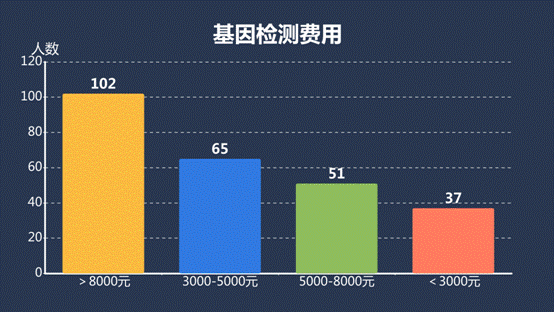
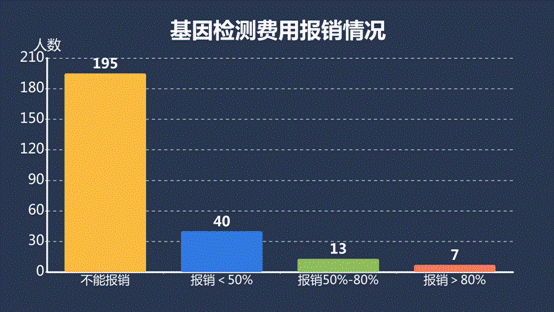
The trust of patients is the "driving force"
It is gratifying that the survey results show that the proportion of doctors who most often refer to the Chinese society of Clinical Oncology (CSCO) melanoma diagnosis and treatment guidelines in their clinical work is as high as 97%, which means that the authoritative clinical guidelines have been widely popularized and the treatment has a high degree of standardization, which is inseparable from the work and efforts of CSCO. Professor Si Lu, the executive chairman of the project, the author of CSCO melanoma diagnosis and treatment guide and Peking University Cancer Hospital, said: "as a relatively rare disease, the white paper" It is not easy to collect so many cases. In the future, with the attention and cooperation of all sectors of society, we will jointly improve our own database of melanoma, further guide our patient education and help melanoma patients to diagnose and treat early. "
Professor Niu Xiaohui, CSCO director and professor of Beijing Jishuitan Hospital, said: "with the recent rapid development of basic and clinical research on melanoma, the treatment methods of melanoma are changing with each passing day. This white paper It is hoped to provide some reference for the general public and medical workers, enhance patients' attention to melanoma and gene testing, improve doctors' attention to patients' actual needs, and optimize the systematic treatment scheme in clinical work. It is believed that under the leadership of CSCO patient education committee and melanoma Committee, Chinese scholars will continue to contribute to the cause of melanoma in the world Contribute to development. "
Source: 39 Health Network
http://cancer.39.net/a/210926/9491128.html


